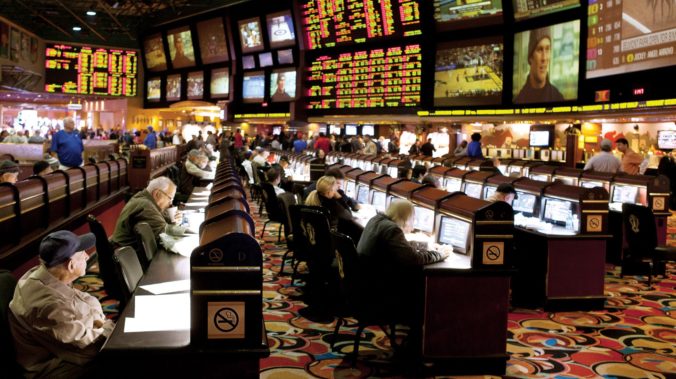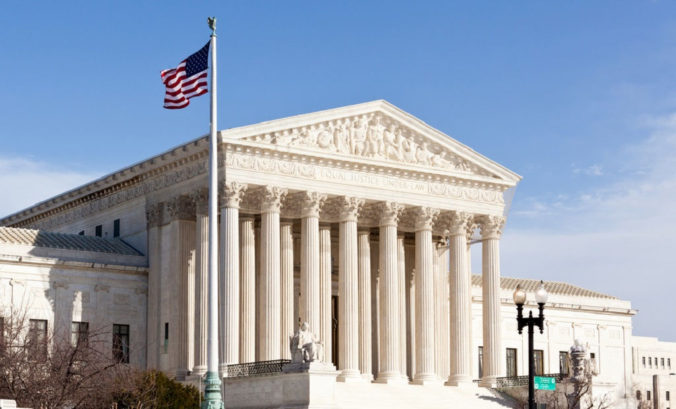Football is back. College football season begins this week, with the NFL season opening with the traditional Thursday kickoff on September 6th, when the Philadelphia Eagles host the Atlanta Falcons. Every football season brings with it new rule changes and storylines. But this year brings a potential paradigm shift to how to the game is covered, discussed, and regulated. All because the Supreme Court struck down a 1992 law the prohibited most states from allowing sports betting.[1]
I would be remiss in not emphatically stating here the following: sports betting is probably not legal in your state. Yes, the Supreme Court struck down the prior law, but this holding cannot be summarized as “SCOTUS legalized sports betting.” That would be dangerously inaccurate. Instead, the important takeaway from Murphy v. National Collegiate Athletic Association, 138 S. Ct. 1461 (U.S. May 14, 2018) is that the federal government cannot regulate gambling nationwide. This is an issue to be determined on a state-by-state basis. Tenth Amendment. States’ Rights. That kind of thing.
What does this mean for you, the typical football fan watching the game from the comforts of home or at a sports bar with friends?


Recent Comments